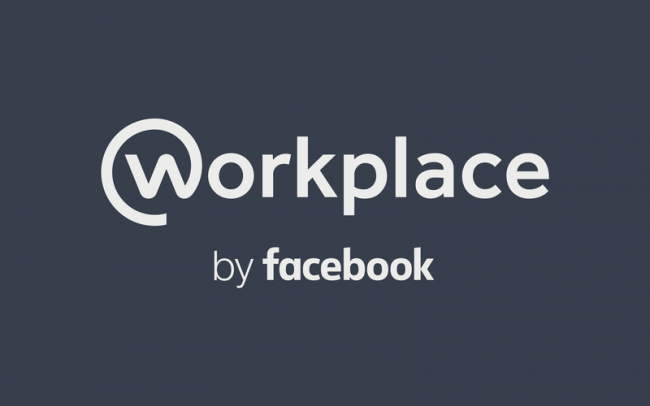Facebook has launched a new communications platform that helps organisations collaborate and develop further.
With the advances in technology progressing rapidly, companies are finding new ways to collaborate and interact with their colleagues, partners and customers. Using Facebook at work, for work, may be something more common in the near future.
To continue and extend innovation, Facebook has launched their new platform – Workplace, which enables companies to work more efficiently and has been programmed, launched, engineered and scaled in London.
Having been tried and tested for 18 months, by various types of companies in vast geographies including RBS and Save the Children, Facebook has decided it’s time for its official launch and is now available for all businesses to utilise.
The launch of this platform has placed Facebook’s Workplace in direct competition with growing startup, Slack. Its competitive pricing of subscription being from $1 to $3 per user, per month could give this platform the upper hand, when compared to Slack’s more expensive business plan charges.
Workplace works in the same way as Facebook, but in a more company friendly way, with marginally different features that will cope better for its intended use.
For example, Work Chat allows a quick and easy way for employees to interact with one another, along with the option to share documents, pictures and other files. Another example, Facebook launched Facebook Live a couple of months ago which has soared in popularity and usage, similarly, Workplace has a feature where employees can interact live, no matter whereabouts in the world they are situated.
Julien Codorniou, Facebook’s global head of Workplace commented: “When you connect everyone in the company, it becomes a more collaborative and more productive company.”
If you know how to use Facebook, then you will know how to use Workplace – it claims to be an easy application that everyone can use. With similar features to Facebook such as newsfeed, groups, search and your profile, it allows you to recognise certain ways of carrying out the tasks you desire. To use Workspace, it is not necessary to also have a personal Facebook account as they are separate, secure applications.
The fact that Workplace is a mobile-first platform means that it is moving with the direction of technology and the current generation. Consequently, this means that startups are bound to be more successful as they will be joining the ever-growing workplace that we know to exist today.
Nicola Mendelsohn, Facebook’s Vice President of EMEA commented at the launch: “Young people are just so at ease with all different types of tools of communication – it’s how they really know what’s going on in the world and it’s how they express themselves. They use it every day and they just expect it to be present in all aspects of their life, and that includes the workplace.
“As we say here at Facebook, ’it’s about moving fast and being open’.
“While no one can actually predict the future, we think that there’s going to be three things that we can safely say about the future of work.
“First, teams are just going to be much more distributed. Things are going to be happening at the same time in different places, teams are going to be spread out more amongst different geographies and there’s just going to be a need to collaborate.
“Second, work is just going to get faster, I think we all think it’s going fast enough already but it is going to get faster and faster and so we’re all going to be striving to be more efficient. We’re going to be having this increasing need to react to real changes in real time.
“Lastly, people are going to embrace new ways of communicating and they’re going to bring those experiences and expectations into the workplace as well.
“I think businesses are going to move towards shifting from tools that are much more about one way communication to tools that can encourage feedback, because let’s be honest, email is good and can have its place but none of us really like that endless email chain of reply all, reply all, reply all.
“We already use technology to make our personal lives easier. So, we think it’s high-time that we came together and actually used the same type of power and put that power towards the world of business.”
“Workplace means for the first time all RNIB employees can actively collaborate, participate and share ideas with an improved experience for our blind and partially sighted staff. This level of flexibility and accessibility has never been offered by any other engagement tool we’ve used before. Workplace has unified different parts of the organisation on a single platform, which cuts through hierarchy.” Clive Gardiner, Group Head of Digital and Content, RNIB commented.


